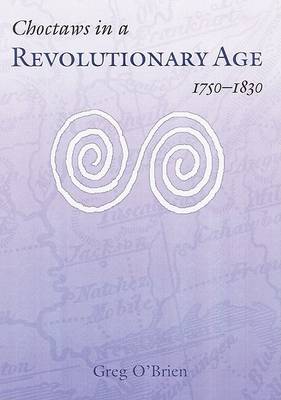Indians of the Southeast
1 total work
This innovative study looks closely and evocatively at the lives of the Choctaws during a period of revolutionary change, 1750-1830. The story of the Choctaws is told through the lives of two remarkable leaders - Taboca and Franchimastabe. Both began as noted warriors in the eighteenth century but then followed very different paths of leadership. Taboca was a traditional Choctaw leader, a "prophet-chief" whose authority was deeply rooted in the spiritual realm. The foundation of Franchimastabe's power was more externally driven, resting on trade with Europeans and American colonists and the acquisition of manufactured goods. Franchimastabe responded to shifting circumstances outside the Choctaw nation by pushing the source of authority in novel directions, straddling spiritual and economic power in a way unfathomable to Taboca.The parallel careers of these leaders signal a watershed moment in Choctaw history - the receding of a traditional mystical-oriented world and the dawning of a new market-oriented one.
At once engaging and informative, "Choctaws in a Revolutionary Age, 1750-1830" highlights the efforts of a nation to preserve its integrity and reform its strength in an increasingly complicated, multicultural world. Greg O'Brien is an assistant professor of history at the University of Southern Mississippi.
At once engaging and informative, "Choctaws in a Revolutionary Age, 1750-1830" highlights the efforts of a nation to preserve its integrity and reform its strength in an increasingly complicated, multicultural world. Greg O'Brien is an assistant professor of history at the University of Southern Mississippi.
